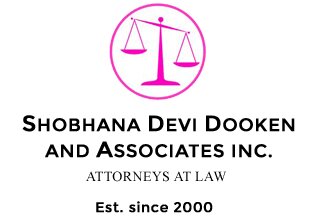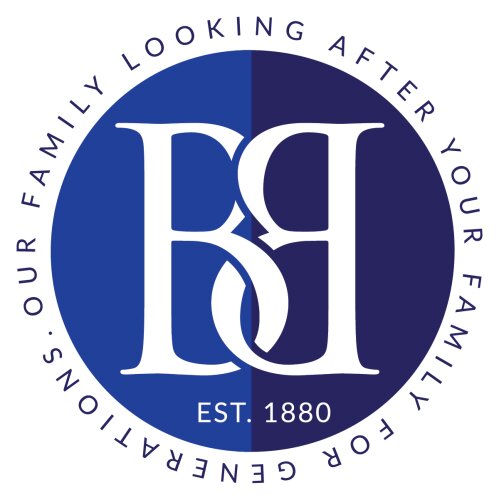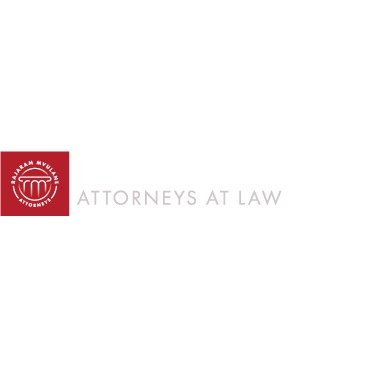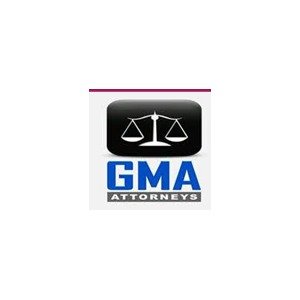Best Mortgage Lawyers in Durban
Share your needs with us, get contacted by law firms.
Free. Takes 2 min.
Free Guide to Hiring a Real Estate Lawyer
List of the best lawyers in Durban, South Africa
About Mortgage Law in Durban, South Africa
The mortgage law in Durban, South Africa, is similar to the rest of the country and involves the legal framework for securing a home loan or property finance. The law regulates the creation of mortgages, how they must be registered, the rights and responsibilities of the borrower (called the mortgagor) and the lender (known as the mortgagee), and the procedures for foreclosure in case of default. South Africa's strong legal system ensures fair practices with strict regulations to protect both borrowers and lenders.
Why You May Need a Lawyer
Engaging a lawyer can be beneficial when dealing with complex mortgage situations, particularly if you are involved in any unique or complex property transactions. A lawyer can help interpret terms and conditions of the mortgage agreement, negotiate more favorable conditions, and ensure all contractual requirements are met. In case of disputes or foreclosure, where the lender seeks to recover the mortgage amount by selling the property, a lawyer will negotiate on your behalf and protect your rights.
Local Laws Overview
South Africa's mortgage laws are enforced through the National Credit Act and the Deeds Registries Act. These laws ensure that any mortgage agreement is legally binding and properly registered. They also regulate interest rates, charges, and fees associated with mortgages. The laws also protect the borrower's rights to equity in their home, and have established procedures for foreclosure that are required to be fair and just. This includes notifying the homeowner of the intent to foreclose and giving them a chance to rectify the default.
Frequently Asked Questions
1. Can I get a mortgage as a foreigner in Durban?
Yes, foreigners can get a mortgage in Durban. As per the Alienation of Land Act, they are allowed to own property and take loans against it. But there may be residency requirements imposed by the lender, or the loan to value (LTV) may be less compared to South African citizens. Consult a local lawyer or broker for specific information.
2. What happens if I default on my mortgage payments?
If you default on your mortgage payments, the lender has a right to begin foreclosure proceedings. It is a complex legal process, and the lender is required to give you notice of intent to foreclose and an opportunity to pay the default.
3. Can I prepay my mortgage in Durban?
Yes, you can prepay your mortgage in Durban without any penalties as required by the National Credit Act.
4. Can the bank increase my interest rate?
Most mortgage agreements in Durban include a clause that allows banks to increase the rate of interest based on prevailing economic conditions. But the National Credit Act puts caps on how much it can be increased during the mortgage term.
5. What happens to my mortgage if I die before paying off?
If you die before paying off the mortgage, the balance loan becomes part of your estate. If there is life insurance that covers the mortgage, it will be used to pay off the balance. Otherwise, the property may be sold as part of settling the estate.
Additional Resources
The South African Department of Justice and Constitutional Development provides comprehensive information about property and mortgage laws in the country. The National Credit Regulator is also a useful resource for understanding the regulations about borrowing and lending in South Africa, including mortgages. Law firms, property agents, and banks also have resources available to guide you through the mortgage process.
Next Steps
If you require legal assistance with a mortgage issue in Durban, start by identifying qualified lawyers who specialize in property laws. You can consult the Law Society of South Africa for a list of credentialed lawyers. Prepare a list of your queries or concerns before meeting them. Be aware of your rights and understand the legal framework to ensure you're getting the best out of your mortgage deal.
Lawzana helps you find the best lawyers and law firms in Durban through a curated and pre-screened list of qualified legal professionals. Our platform offers rankings and detailed profiles of attorneys and law firms, allowing you to compare based on practice areas, including Mortgage, experience, and client feedback.
Each profile includes a description of the firm's areas of practice, client reviews, team members and partners, year of establishment, spoken languages, office locations, contact information, social media presence, and any published articles or resources. Most firms on our platform speak English and are experienced in both local and international legal matters.
Get a quote from top-rated law firms in Durban, South Africa — quickly, securely, and without unnecessary hassle.
Disclaimer:
The information provided on this page is for general informational purposes only and does not constitute legal advice. While we strive to ensure the accuracy and relevance of the content, legal information may change over time, and interpretations of the law can vary. You should always consult with a qualified legal professional for advice specific to your situation.
We disclaim all liability for actions taken or not taken based on the content of this page. If you believe any information is incorrect or outdated, please contact us, and we will review and update it where appropriate.
















